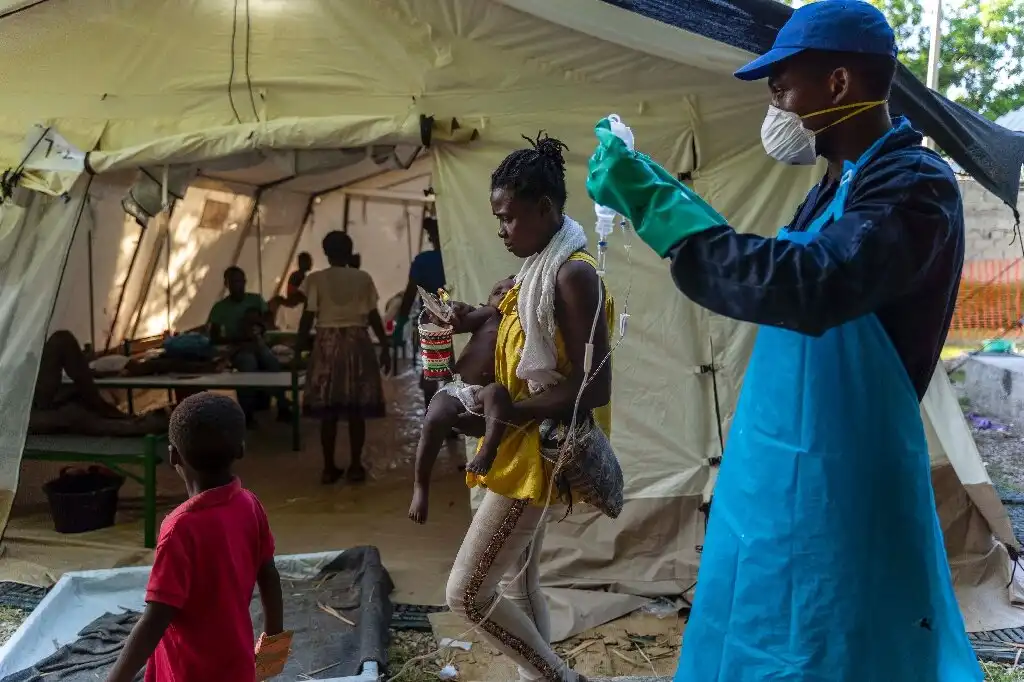Zambia has officially declared an end to its latest cholera outbreak, marking a significant public health milestone after five consecutive weeks without new infections, the Health Ministry announced on July 4, 2025.
The final wave of the outbreak, which resulted in 496 cases and nine deaths, saw its last confirmed case in May 2025 in Kabwe District, Central Province.
Details of the Outbreak
The cholera outbreak, which began earlier in 2025, posed a serious challenge to Zambia’s health system, particularly in areas with limited access to clean water and sanitation.
Health Minister Elijah Muchima confirmed that rigorous interventions, including rapid response teams and community health campaigns, helped contain the spread.
The absence of new cases for over a month signals the success of these efforts, but officials remain cautious due to ongoing environmental risks.
Ongoing Risks and Preventive Measures
Despite the outbreak’s end, Zambia faces persistent threats from prolonged drought conditions exacerbated by climate change, which undermine access to clean water and proper hygiene.
These factors heighten the risk of future cholera outbreaks. “While the outbreak is officially over, vigilance will not end,” Minister Muchima emphasized.
To mitigate risks, the Health Ministry is prepositioning essential medical supplies in high-risk areas, strengthening community-based surveillance, and promoting early detection and treatment of acute diarrhea, a common precursor to cholera.
Public Awareness and Community Engagement
Health teams are intensifying efforts to raise public awareness, encouraging communities to adopt hygiene practices such as regular handwashing and safe water storage.
Community health workers are also being trained to monitor for early signs of waterborne diseases, ensuring rapid response to potential cases.
These measures aim to empower communities to play an active role in preventing cholera resurgence.
Broader Public Health Context
Zambia’s success in containing the outbreak reflects improvements in its health infrastructure, but challenges remain.
The country has faced recurrent cholera outbreaks, with a 2023–2024 epidemic recording over 20,000 cases and nearly 700 deaths.
The current drought, affecting water availability, underscores the need for long-term investments in water and sanitation systems.
The Health Ministry is collaborating with international partners, including the World Health Organization, to bolster preparedness and address climate-related health risks.
Looking Ahead
While Zambia celebrates this public health victory, the government stresses that sustained action is critical to prevent future outbreaks.
By enhancing surveillance, improving water access, and promoting hygiene, authorities aim to build resilience against cholera and other waterborne diseases.
For now, the nation breathes a sigh of relief, but the commitment to safeguarding public health remains unwavering.




















